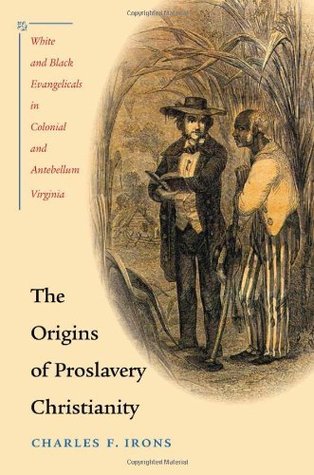In the increasingly rancorous sectional conflict, the quasi-independent churches that black Virginians had formed in the state's towns and cities became rhetorical treasures for white Virginians, who began to regard these thriving congregations as normative of slave religion. Whites attributed to clerics associated with these missions considerable spiritual and political influence. The thriving churches were the best evidence white southerners could offer to prove that God approved of slavery.
Welcome back. Just a moment while we sign you in to your Goodreads account.


